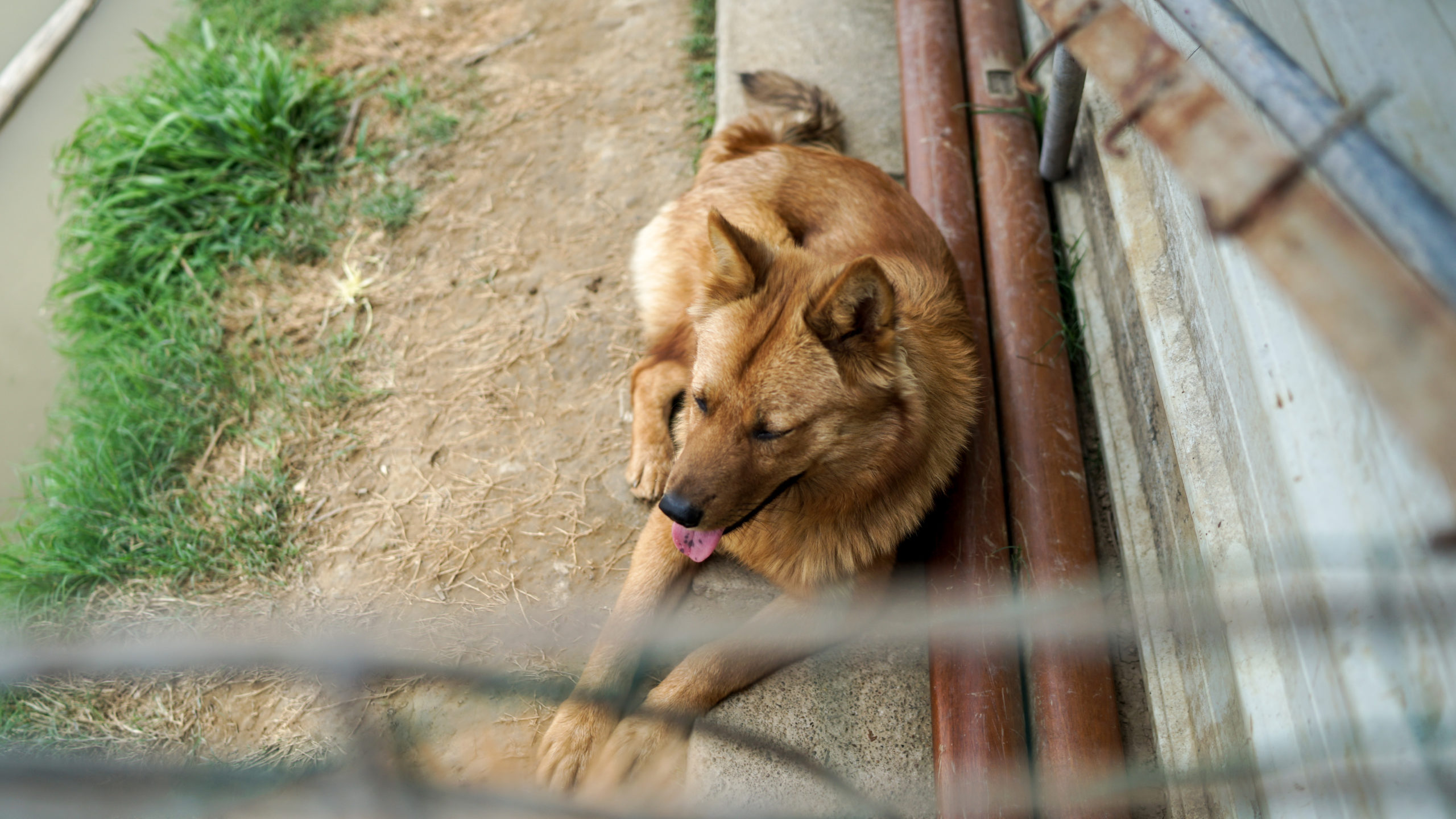Why NPPC is Sounding the Alarm on Imported Rescue Dogs

Preventing African swine fever and other foreign animal diseases (FADs) from entering the United States is one of NPPC’s top priorities. While we continue to work to ensure we have sufficient U.S. agriculture inspectors at our borders and ports, a looming, largely unknown FAD risk must be addressed to protect U.S. livestock and agriculture from FADs.
Increasingly, rescue dogs are being imported from FAD-positive countries. While the dogs are not known to be susceptible to or carry FADs, there is the potential for bedding, crates or contamination of the dogs’ coats to serve as disease carriers. As a veterinarian, and a dog owner, this potential is alarming.
Each year, several thousand dogs enter the country for resale or adoption. Some may have been rescued from wet markets, while others from operations which raise dogs expressly for export. If even one of these animals carried FAD into the country, it could put the U.S. swine herd and other livestock in jeopardy and have disastrous consequences for our nation’s agriculture sector.
Compounding the risk is this: While both the Centers for Disease Control and Prevention and U.S. Department of Agriculture (USDA) have separate and distinct responsibilities over the importation of dogs, there is no single federal agency with comprehensive oversight of the issue. Additionally, there is no central federal website to apply for an import permit to bring dogs for sale or adoption into the country.
A solution is within our grasp. USDA, under the Animal Health Protection Act, has the authority to develop rules for the safe importation of dogs from FAD-positive countries to protect the livestock industry. NPPC looks forward to continuing to work with the agency to ensure U.S. pork producers and our nation remains safe and protected from devastating FAD outbreaks.
-NPPC Chief Veterinarian Dr. Liz Wagstrom